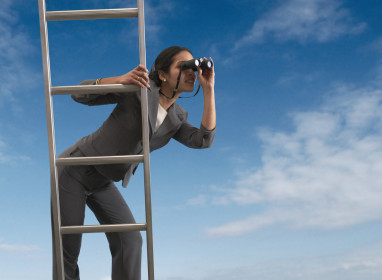From Lars Syll In New York State, Section 899 of the Code of Criminal Procedure provides that persons “Pretending to Forecast the Future” shall be considered disorderly under subdivision 3, Section 901 of the Code and liable to a fine of 0 and/or six months in prison. Although the law does not apply to “ecclesiastical bodies acting in good faith and without fees,” I’m not sure where that leaves econometricians and other forecasters … I came to think about this nineteenth-century New York law the other day when interviewed by a journalist working on a series on Great Economic Thinkers. We were discussing the monumental failures of the predictions-and-forecasts-business. But — the journalist asked — if these cocksure economists with their ‘rigorous’ and ‘precise’
Topics:
Lars Pålsson Syll considers the following as important: Uncategorized
This could be interesting, too:
tom writes The Ukraine war and Europe’s deepening march of folly
Stavros Mavroudeas writes CfP of Marxist Macroeconomic Modelling workgroup – 18th WAPE Forum, Istanbul August 6-8, 2025
Lars Pålsson Syll writes The pretence-of-knowledge syndrome
Dean Baker writes Crypto and Donald Trump’s strategic baseball card reserve
from Lars Syll
 In New York State, Section 899 of the Code of Criminal Procedure provides that persons “Pretending to Forecast the Future” shall be considered disorderly under subdivision 3, Section 901 of the Code and liable to a fine of $250 and/or six months in prison.
In New York State, Section 899 of the Code of Criminal Procedure provides that persons “Pretending to Forecast the Future” shall be considered disorderly under subdivision 3, Section 901 of the Code and liable to a fine of $250 and/or six months in prison.
Although the law does not apply to “ecclesiastical bodies acting in good faith and without fees,” I’m not sure where that leaves econometricians and other forecasters …
I came to think about this nineteenth-century New York law the other day when interviewed by a journalist working on a series on Great Economic Thinkers. We were discussing the monumental failures of the predictions-and-forecasts-business. But — the journalist asked — if these cocksure economists with their ‘rigorous’ and ‘precise’ mathematical-statistical-econometric models are so wrong again and again — why do they persist wasting time on it?
In a discussion on uncertainty and the hopelessness of accurately modelling what will happen in the real world — in M. Szenberg’s Eminent Economists: Their Life Philosophies — Nobel laureate Kenneth Arrow comes up with what is probably the right answer:
It is my view that most individuals underestimate the uncertainty of the world. This is almost as true of economists and other specialists as it is of the lay public. To me our knowledge of the way things work, in society or in nature, comes trailing clouds of vagueness … Experience during World War II as a weather forecaster added the news that the natural world as also unpredictable.
An incident illustrates both uncer-tainty and the unwilling-ness to entertain it. Some of my colleagues had the responsi-bility of preparing long-range weather forecasts, i.e., for the following month. The statisticians among us subjected these forecasts to verification and found they differed in no way from chance. The forecasters themselves were convinced and requested that the forecasts be discontinued. The reply read approximately like this: ‘The Commanding General is well aware that the forecasts are no good. However, he needs them for planning purposes.’
